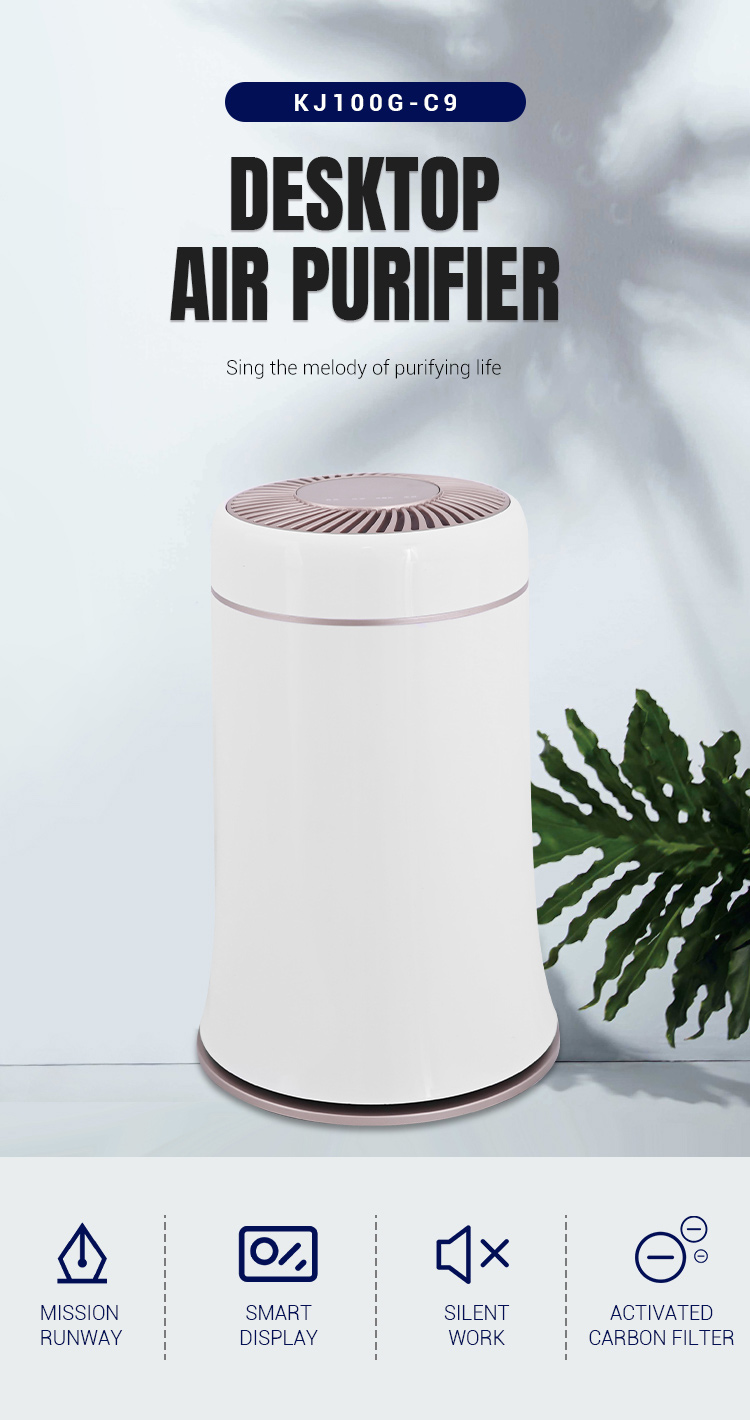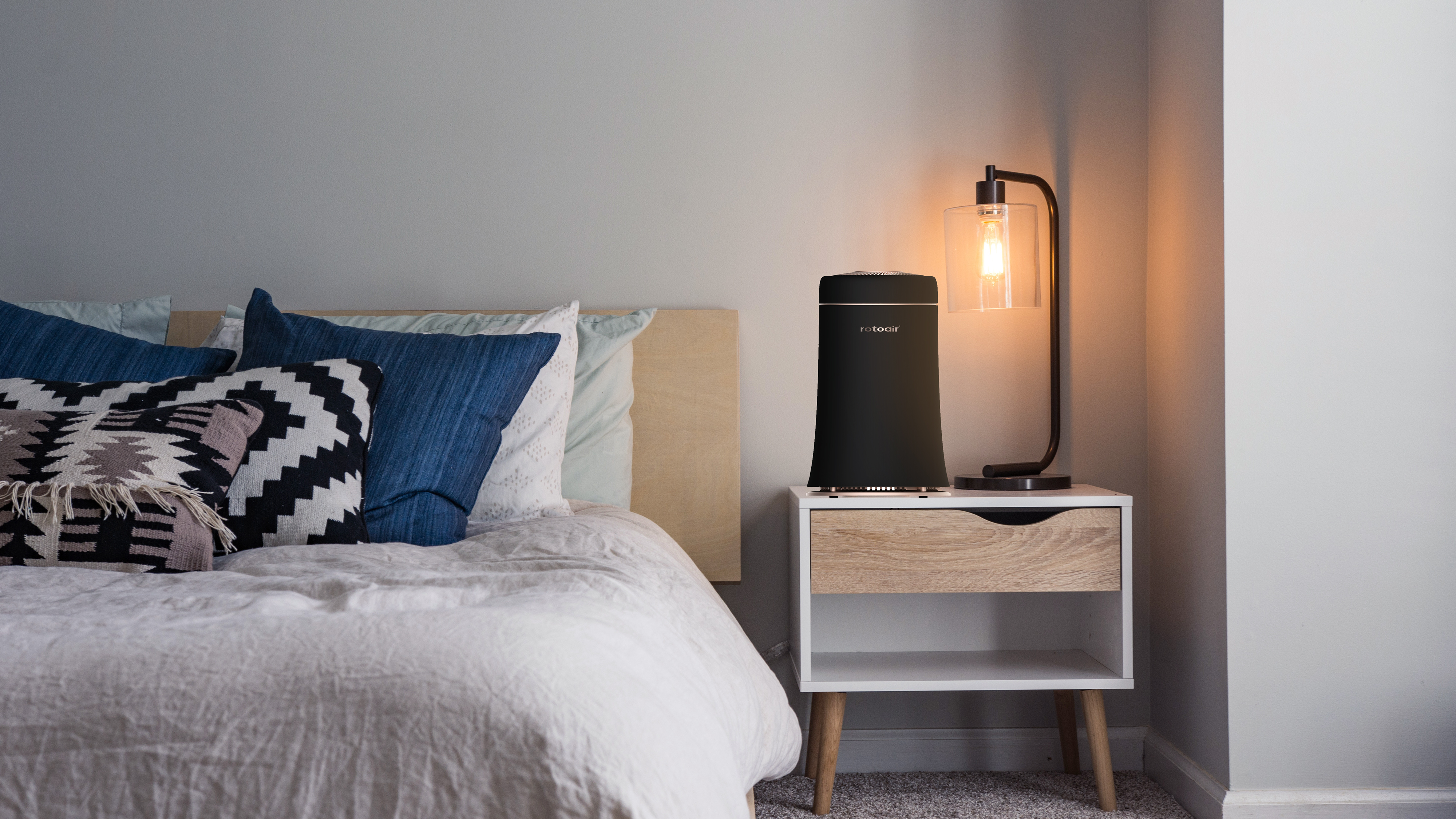The Covid-19 pandemic has changed our daily lives in many ways, including how we think about air quality. With the increased awareness of how the virus spreads through the air, many people have turned to air purifiers as a way to improve the air they breathe.
Research has shown that air purifiers can be effective at removing pollutants and contaminants from the air. This includes not only viruses and bacteria, but also allergens, dust, and other particles that can trigger respiratory problems.
One study published in the journal Environmental Science & Technology found that using a portable air purifier in a room reduced the number of fine particulate matter (PM2.5) particles by 65%. PM2.5 particles are a major contributor to air pollution and have been linked to a range of health problems, including asthma, heart disease, and premature death.
Another study, published in the Journal of the American Medical Association, found that using air purifiers in homes with smokers can reduce levels of secondhand smoke and improve indoor air quality.
The benefits of using air purifiers are not limited to reducing the risk of respiratory problems. Research has also shown that they can improve sleep quality and help alleviate symptoms of depression and anxiety.
Air purifiers come in a variety of shapes and sizes, from portable units designed for single rooms to larger systems that can purify the air in an entire house. They use a range of technologies to remove pollutants from the air, including HEPA filters, activated carbon filters, and ultraviolet light.
While air purifiers can be a useful tool for improving indoor air quality, it’s important to remember that they are not a substitute for other measures to prevent the spread of Covid-19, such as wearing masks and practicing social distancing. However, by using air purifiers, we can take a proactive approach to improving the air we breathe and protecting our health.
Post time: Feb-28-2023




